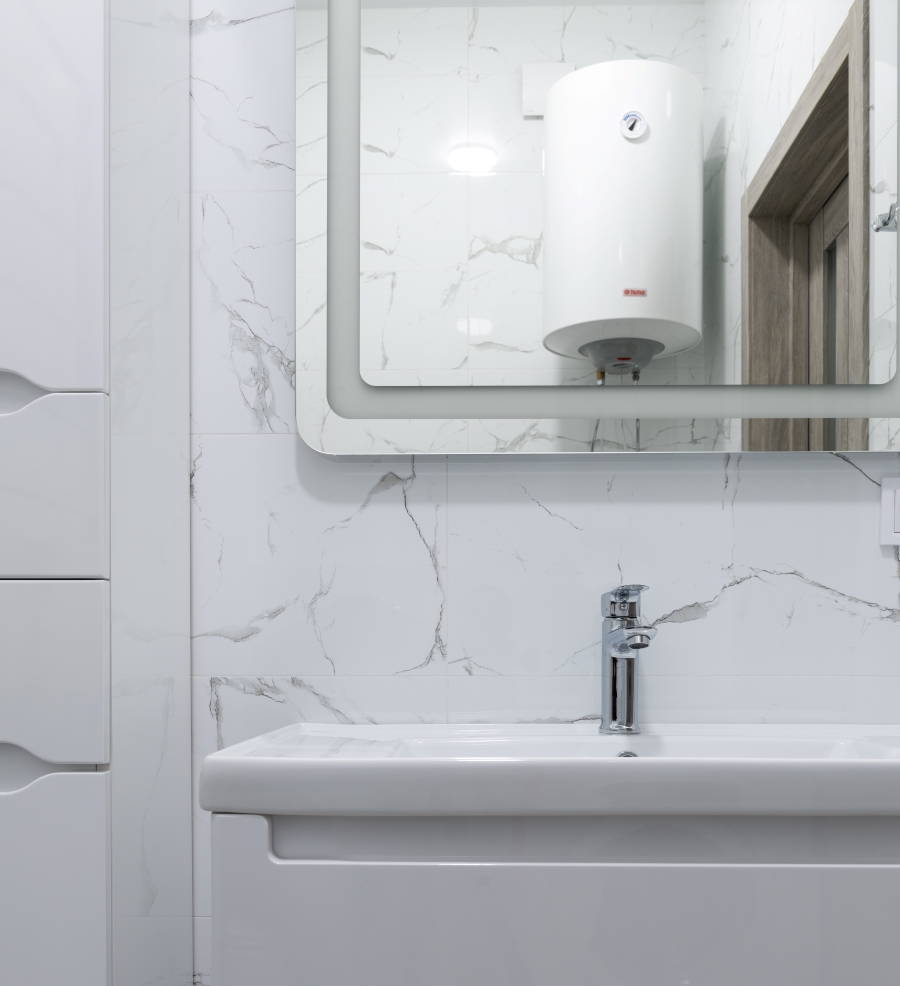Choosing a boiler can be challenging if you are unaware of the best type of boilers to buy. These appliances are an essential part of the heating system, and their performance and lifespan depend on the type.
Having the right boiler makes a huge difference in the efficiency of the machine and your home’s energy bills. This precise boiler buying guide explains the different types of boilers. Take a look.
Types of Boilers
The three main types of boilers that you can install in your home are combi boilers, heat-only or regular boilers, and system boilers. Homeowners buy the boilers depending on the home’s hot water demands.
However, other factors like the pressure of the main water supply and the heating systems matter. Check out for a description of each type, how they work, and the pros and cons.
1. Combination Or Combi Boilers
Combi boilers use a metallic heat exchanger to heat the water, and they do so through burning fuels like gas and oil. These boilers are different from the traditional ones because they don’t need a separate tank to store the hot water.
Combi boilers are energy efficient, and besides heating the water, you can also use them to heat the home. Playing the role of a heater and a boiler saves the homeowner on energy bills.
These boilers have a compact size that will save you space. Also, since they do not require an extra storage tank, you won’t have to worry about the additional costs of buying the tank.
Another benefit you will enjoy with combi boilers is they take a short time to heat the water. You don’t have to wait in the shower for your water to be warm.
Drawbacks of Combination Boilers
You will not enjoy this boiler’s water flow rate if other water outlets run when you are showering. This makes combi boilers not the best choice for big houses with more than one bathroom.
Also, the combi water boiler tends to work better when the water pressure is high. Therefore, if the water pressure from your main point is low, you might have to opt for a different type of boiler.
2. Heat-Only Or Regular Boilers
Heat-only boilers are other types of boilers characterized by three components: the boiler, a hot water storage cylinder, and a cold water tank. They work by supplying water to the central heating system. The cold water tank provides cold water to the boiler.
Benefits of Heat-Only Boilers
Heat-only boilers have a great water flow rate, making them suitable for big homes or those with significant hot water demands. With this boiler, a family can use more than one bathroom at the same time comfortably.
The boilers do not require a high-pressure water supply. This makes them a good choice for homes with an old heating system.
Cons of Heat-Only Boilers
Regular boilers are not compatible with all the new heating systems. They also do not instantly heat water.
The boiler comes with two extra tanks, meaning you need space to place the tanks. Also, since most homeowners place the cold water tank in the attic, this might pressure you to get a house with a loft if you want to use the heat-only type of boiler.
3. Steam Boilers
Steam boilers are mainly for commercial use. The steam-producing heating system uses fuel to heat water to steam. The burner comes with a combustion chamber and a water container. It is available in various types.
4. Fire-Tube Boilers
This is one of the old designs of types of boiler systems. The boiler has a burner that shoots the flame into a tube inside the water. The burner is found in the main vessel of the boiler.
The water heats to the boiling point, and the captured steam escapes through a steam outlet. This steam performs different functions like heating a radiator.
5. Water-Tube Boilers
Water-tube boilers are other particular types of boiler systems. They pass water through the tubes of the boiler. The combustion chamber heats the outer tubes, which heats the water in the tube.
The hot water from this boiler comes out in high pressure as superheated steam. The boilers can have single or multiple drum types. They offer high energy efficiency, and you can get them in different types.
The steam boilers have their pros and cons. For example, the fire-tube boiler has a compact design that makes it take up less space. It is also cheaper to buy than the water-tube boiler. However, fire boilers have little steam pressure and take a long time to heat water.
Water-tube boilers are mainly installed in large buildings and used for commercial purposes. In fact, most water tube boilers are found in fields. This is because they have other parts like ducts, steel supports, and vibration diapers.
How to Care For a Boiler
Boilers can blow up when something goes wrong, leading to accidents. The most common reason your boiler could not be operating is when the pressure drops below the minimum level.
Also, the majority of problems in most types of boilers for homes are caused by air or dirt. Air stops the water within the system from circulating while dirt blocks the parts of the boiler.
Bleeding the radiators can temporarily fix the problem. You can also occasionally re-pressurize your system.
Ensure you service the boilers annually to avoid severe problems like breakdowns and ensure the boiler operates efficiently. Also, only allow professionals to repair and install your boilers.
Final Words
Boilers are essential appliances to have at home. Consider the space, the amount of work the boiler will do, and the cost. Although it is not easy to select the types of boilers to buy, this guide will help you.

